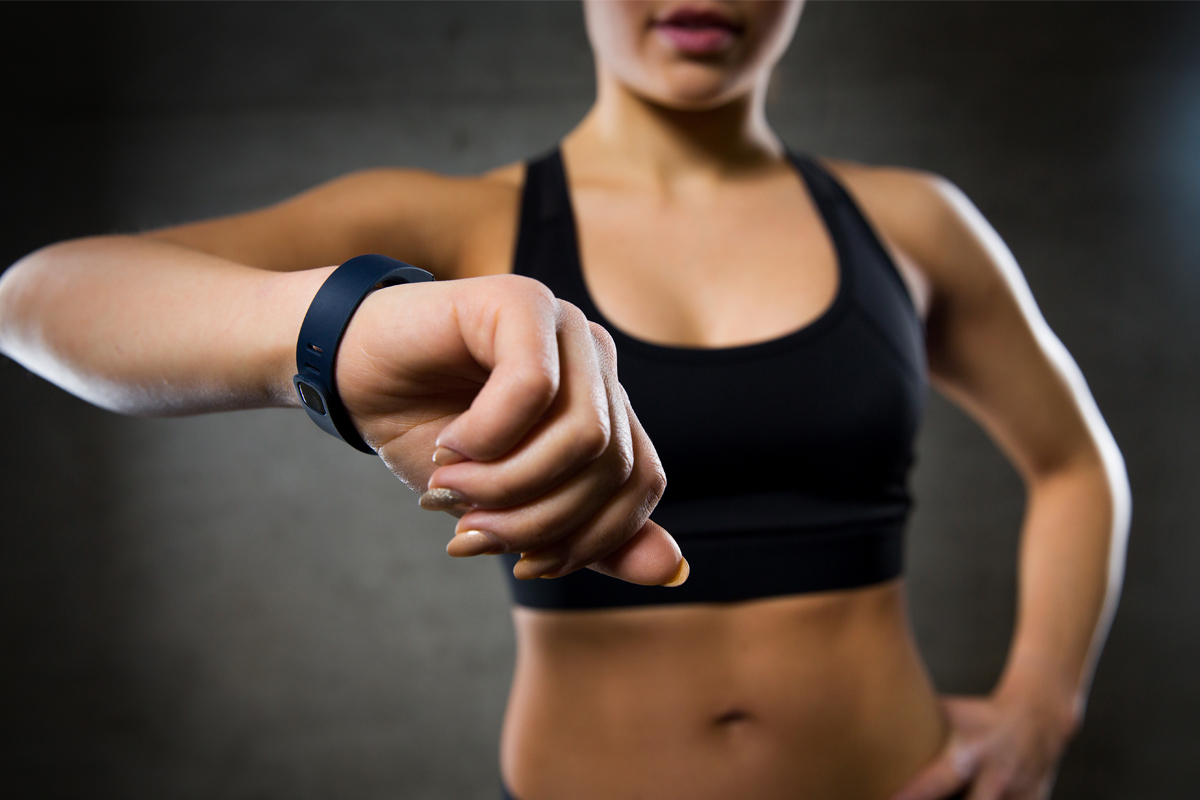Fitness trackers have become an integral part of many people’s lives in recent years. These smart devices help you track your physical activity, monitor your sleep and even keep an eye on your health. Let’s look at the key criteria that will help you choose the right fitness tracker.
Functionality: what exactly do you need?
Before you buy a fitness tracker, it’s important to determine what features you really need. Modern trackers offer a wide range of features, but not all of them may be useful for you.
Pedometer and calorie counter
These are the basic features of any fitness tracker. If your goal is to track your daily activity, a simple model that counts steps, distance travelled and calories burned will do the trick.
Sleep monitoring
If it’s important for you to monitor your sleep quality, opt for devices that track sleep phases and analyse sleep duration. Some trackers can even recommend improvements for your daily regime.
Heart rate and stress monitoring
For those who do intense workouts or monitor their overall health, a heart rate monitor is important. Stress monitoring, blood oxygen levels, and ECG are additional features that more advanced models offer.
Geolocation and GPS navigation
If you run, bike or hike, look for trackers with built-in GPS. They can help you accurately track your route and control your distance.
Design and Usability
A fitness tracker is a gadget that you will wear on your wrist most of the time. Therefore, its design and usability play an important role in your choice. Consider different factors.
Weight and size of the fitness tracker
A tracker that is lightweight and compact will not feel heavy on your hand. Make sure that the device is comfortable to wear both during workouts and in everyday life.
Tracker strap material
The strap should be made of quality materials that won’t cause irritation on the skin, especially if you plan to wear the tracker all the time. It is important that it can be easily replaced when needed.
Water resistance of the gadget
If you’re a swimmer or don’t want to remove your tracker before showering, look for models with a high level of water resistance. Some devices are able to work at a depth of up to 50 metres.
Fitness tracker compatibility with other devices
A fitness tracker doesn’t work on its own – it syncs with your smartphone or computer to analyse data and build reports on your achievements. Before you buy, make sure the model you choose is compatible with your devices.
Operating system of the device
Many fitness trackers support both iOS and Android, but it is better to clarify this point in advance. Also pay attention to functionality: some trackers offer more features when used with a particular platform.
Connection and synchronisation
Make sure the tracker connects easily to your smartphone or computer via Bluetooth or Wi-Fi. Synchronisation should be fast and seamless to get up-to-date data instantly.
Integrate with other apps
If you already use fitness apps, make sure your tracker supports integration with them. This will make it easier to track and analyse your data.
Tracker battery life and charging
The run time of a fitness tracker on a single charge is an important factor if you plan to wear the device around the clock or use it for long workouts. The average run time of a tracker varies from a few days to a week, depending on the model and usage.
Simpler models can run for up to 10 days without charging, while advanced trackers with GPS and heart rate monitoring require charging every 2-3 days. Choose a model based on your workout regime and daily activity.
A fitness tracker is not just a gadget, but an assistant that will accompany you every day. By following simple tips, you will be able to find a model that is perfect for you and will help you reach new heights in sports.


